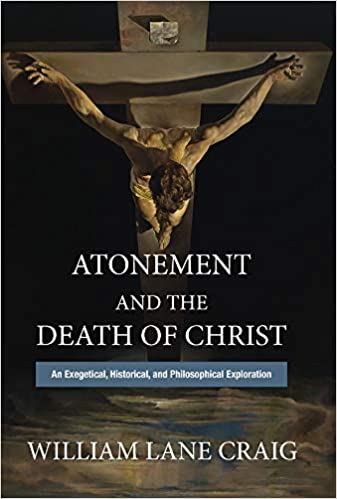Q. I think you are right that the moral influence of the death of Jesus is vast, but only if we also realize that his death was a penal substitutionary atonement which propitiates and also expiates. It should have been us on the cross, paying for our sins. It seems to me that the best case for explaining all this is the necessitarian one—the God of love and mercy could not simply take a pass on dealing with sin, or else he ceased to be inherently righteous, a God of justice. So sin had to be dealt with if mercy was to be offered. If you take the non-necessaitarian view that Christ’s death was optional, this raises very serious questions about God’s moral character— what Father would ever ask that of his only begotten if it wasn’t necessary for the salvation of humankind?
A. I wholly agree that a plausible moral influence theory demands penal substitution at its core. If someone drowned in an effort to save me from drowning, I should say, “Greater love hath no man than this!” But if someone said, “See how much I love you!” and just threw himself into the water and drowned, I should find his act bizarre.
It seems to me, however, that the non-necessitarian who holds that God freely chose penal substitution can avail himself of the same answer. By this act of sacrificial Self-substitution, God demonstrates His hatred of sin and His love for us in so powerful a way as to draw billions to faith in Christ. Indeed, it’s not at all implausible that only in a world featuring Christ’s passion and death would the optimal number of people freely come to love God and find eternal life. That makes it worth it.
Q. Lastly, if you were asked how exactly Christ’s divine identity was affected by Christ’s death on the cross (since God can presumably not be killed), what would you say?
A. I should say, no effect whatsoever! As mentioned earlier, Christ is a divine person with two natures. He does not perish with respect to his divine nature, which is impossible; rather he
perishes with respect to his human nature. “There is one mediator between God and men, the man Christ Jesus” (I Tim 2.5).













